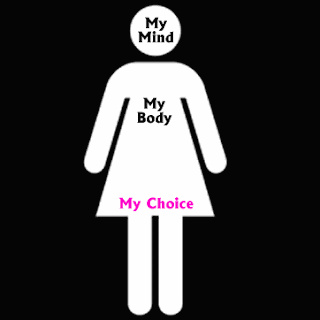It's an emotive subject, but here are some facts:
- Section 149 of the Penal Code outlaws abortion. It says any person who administers abortion shall be liable to imprisonment for 14 years, while Section 150 indicates that any woman who solicits abortion is liable to seven years imprisonment.
- 112,008 women procured abortions in Malawi in 2009 and a large percentage of this number feared to seek medical services for the fear of stigma, discrimination and legal repercussions. (Strategic Assessment, Magnitude and Consequences on Unsafe Abortion in Malawi - Malawi MOH, 2010).
- 32,094 women were treated for induced abortion complications in Malawi's health facilities in 2009 (ibid).
- Many of these women have approached traditional healers and herbalists who commonly insert a stick of chigwada (casava) into the vagina to induce an abortion, or provide a chilambe concoction (herbal mixture). Other women resort to drinking deterrgents and other household chemicals and poisons. Some approach private clinics who often do not have the adequate knowledge, suitable equipment or an appropriate operating environment. (Unwanted Pregnancy and Abortion: Experiences of Women in Malawi - ICW, 2009)
- 33% of girls aged 15-19 years old are married (Malawi Basic Indicators - UNICEF, 2010)
- There is growing evidence of sexual and gender-based violence as communities become increasingly aware of that health facilities now stock Post Exposure Prophylaxis. In one hospital in Malawi, Kamuzu Central, the number of patients reporting an assault increased from 78 for the year 2006-2007 to 134 patients for 2007-2008. (Malawi Ministry of Health, 2010)
- Malawi's HIV prevalence rate among adults aged between 15 and 49 years is 11.9%. This equates to an estimated 930,000 Malawians living with HIV, of whom 490,000 women and girls.
- Nearly 5.5 million African women have unsafe abortions each year. As many as 36,000 of these women die from the procedure, while several millions experience short or long term disability. (World Health Organisation)
- Criminalising pregnancy termination is not associated with a low incidence of abortion; quite the contrary in fact. Most unsafe aboritons occur where aboriton is highly restricted. (Global and Regional Estimates of the Incidence of Unsafe Abortion - World Health Organisation, 2007)
Logo courtesy of www.gmu.edu


No comments:
Post a Comment